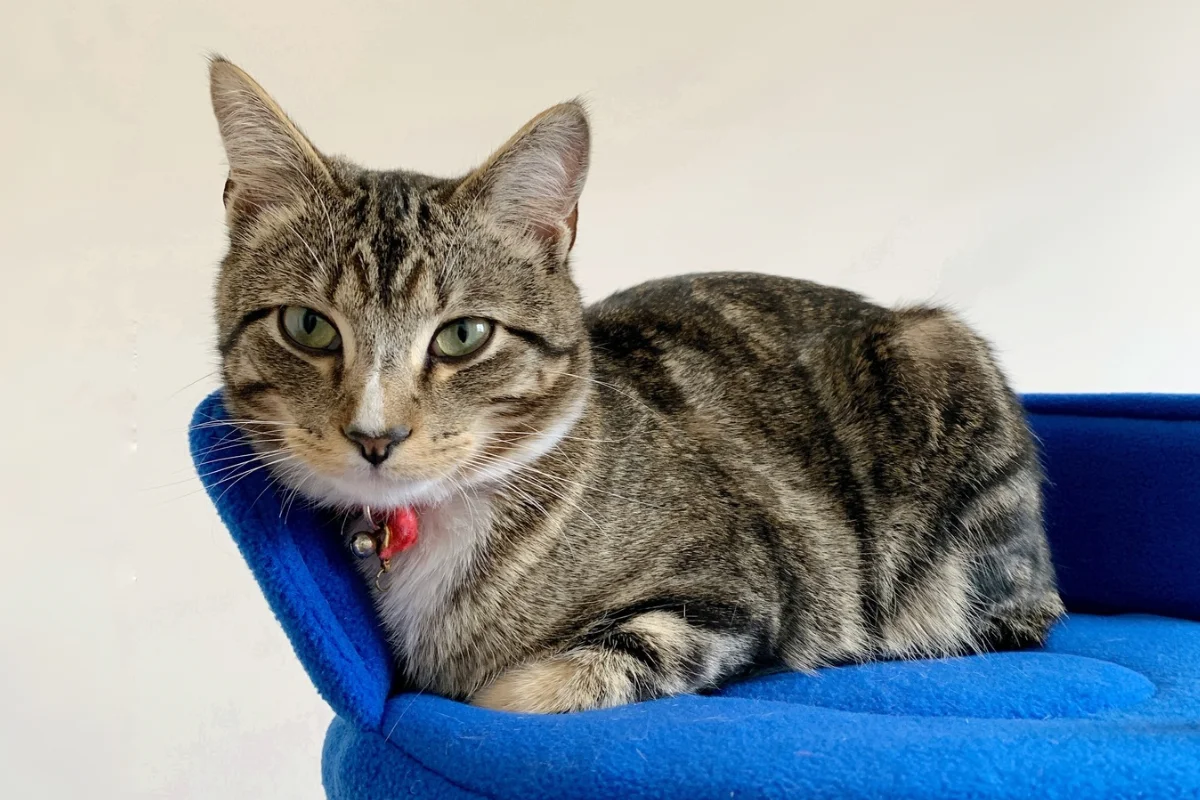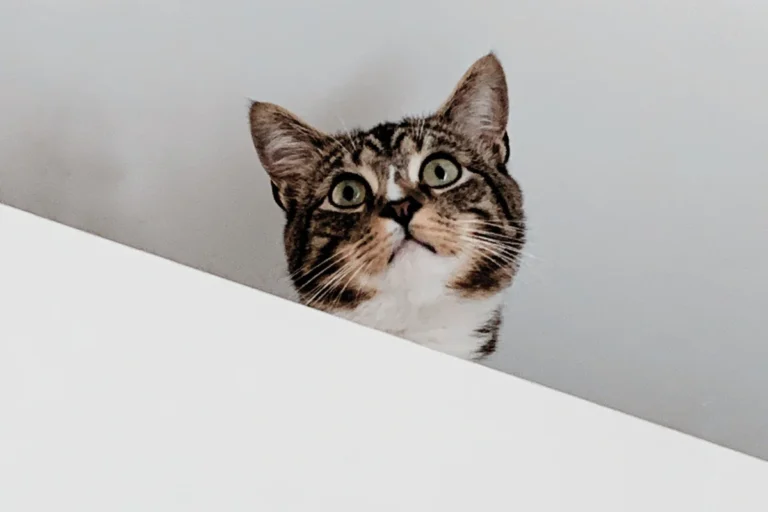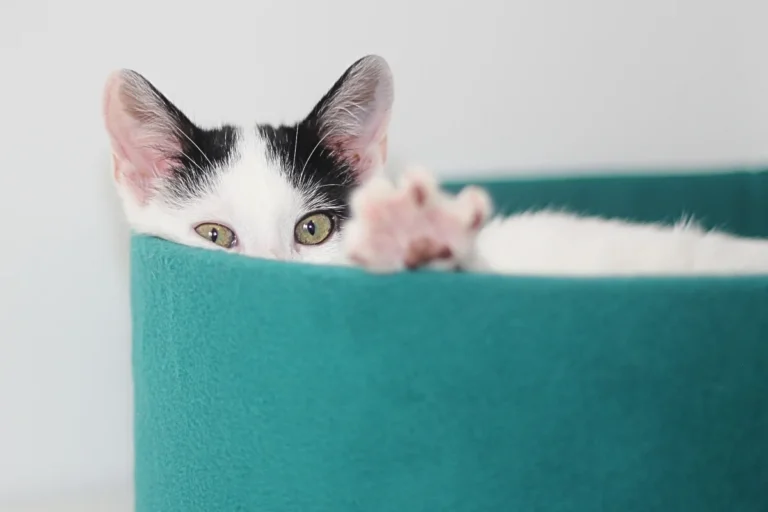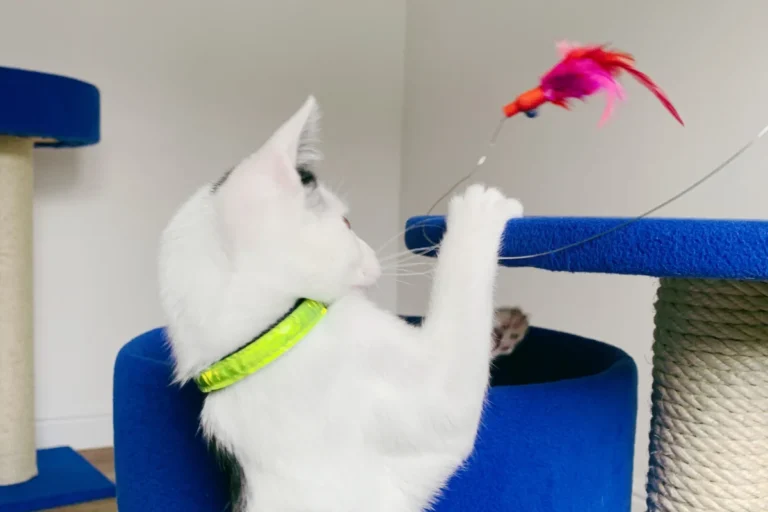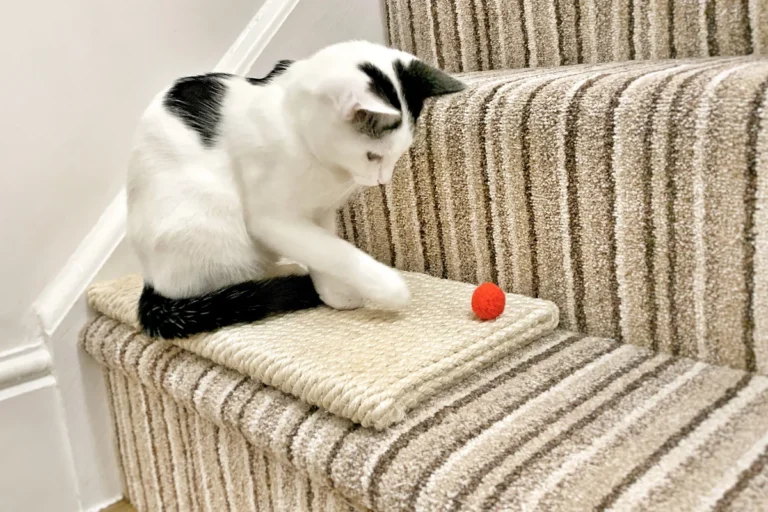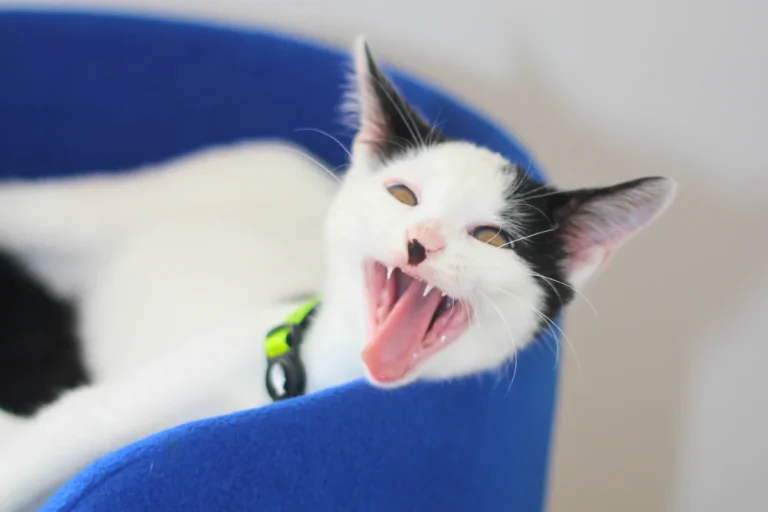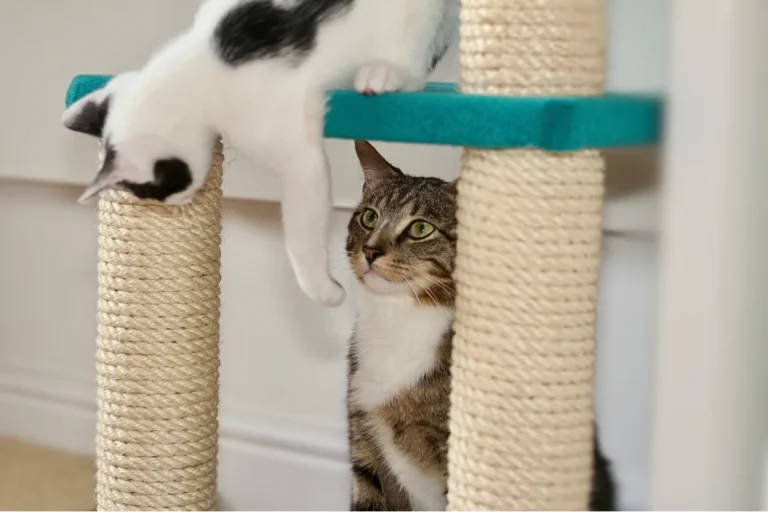Are cats grumpy?
You’ve probably heard people say, ‘Cats are grumpy,’ but is that really the case? Are cats truly grumpy, or is there more to their behaviour than we realise? It’s easy to label them as temperamental when their moods seem to flip from affectionate to aggressive in an instant.
The truth is, cats aren’t inherently grumpy. Most of their behaviour is driven by instincts, emotions and their needs. By understanding their body language, recognising their triggers, and respecting their natural tendencies, you can foster a stronger and more positive bond with your feline companion.
Why do cats seem grumpy?
Cats appear grumpy when they are overstimulated, stressed or in discomfort. Their behaviour is often a response to how they feel physically or emotionally, and understanding the root cause can help you avoid frustration. Let’s break down the main reasons behind your cat’s grumpy moments.
1. Overstimulation and petting sensitivity
One of the most common reasons for a cat acting grumpy is overstimulation. Cats love attention, but their tolerance for petting has limits. After a certain point, even the gentlest stroke can irritate them. Cats have sensitive skin and nerves, and when they feel overwhelmed, they may react by swatting, scratching or even biting.
What you can do: Watch for subtle signs that your cat has had enough. If their tail starts twitching, their ears flatten or they stop purring, it’s time to give them a break. Learning when to stop petting can help you avoid a grumpy outburst.
2. Territorial instincts
Cats are naturally territorial creatures. They can become grumpy when they feel their space is being invaded. If you approach their favourite spot, like a comfy chair or a sunny window perch, they may lash out. Even a seemingly innocent interaction, like sitting too close, can trigger defensive behaviour.
What you can do: Respect your cat’s personal space. If they retreat to a particular area, let them be. This reduces the likelihood of aggressive reactions and makes your cat feel more secure in their environment.
3. Pain or illness
Pain is another key reason behind a cat’s grumpy behaviour. Cats are excellent at hiding discomfort, but when they’re in pain, their tolerance for interaction drops. Conditions like arthritis, dental problems or injuries can make your cat feel irritable or sensitive to touch.
What you can do: If your cat’s behaviour changes suddenly or they become especially sensitive to touch, it’s time to see a vet. Unexplained aggression or withdrawal could be a sign of a health issue, and early intervention can improve your cat’s well-being.
Why do cats act unpredictable?
Cats sometimes appear unpredictable, shifting from calm to defensive in the blink of an eye. This behaviour isn’t out of malice — it’s often due to a cat’s natural instincts or their response to stressors in their environment. Here are some reasons why cats may seem unpredictable:
1. Survival instincts
Even domesticated cats retain strong survival instincts. In the wild, a cat’s ability to react quickly to perceived threats is crucial for survival. If a cat senses something unfamiliar or alarming — like a loud noise, a sudden movement, or a new person in the house — they may react with quick aggression or retreat, which can appear unpredictable.
What you can do: Be mindful of sudden movements around your cat, especially when they’re in a relaxed state. If your cat seems on edge, give them space to retreat to a quiet area. Respecting their need for security can reduce instances of unpredictable behaviour.
2. Socialisation preferences
Cats are social, but they have different needs for socialisation compared to dogs. Some cats enjoy attention and cuddles, while others prefer to be left alone. If your cat suddenly seems grumpy, it might be because they simply want their space. Forcing attention on a cat that is not in the mood can lead to unpredictable or aggressive reactions.
What you can do: Allow your cat to decide when they want attention. Avoid forcing physical contact, and let your cat approach you when they’re ready. This respect for their social boundaries will help reduce grumpiness and foster a stronger bond.
3. Environmental stress
Cats are creatures of habit and thrive on routine. If there’s a major change in their environment, such as a new pet, a move or even changes to their feeding schedule, they can become stressed. Stress can lead to a variety of behaviours that may seem grumpy or unpredictable.
What you can do: Try to keep your cat’s environment as consistent as possible. If changes are unavoidable, introduce them gradually. Creating safe, quiet spaces where your cat can retreat when feeling stressed can help them adjust more easily.
How to improve your relationship with your cat
Understanding your cat’s behaviour is the key to reducing instances of grumpiness. Here are some steps you can take to create a happier environment for your cat and improve your relationship.
1. Learn your cat’s body language
Cats communicate a lot through body language. Their tail, ears and eyes can tell you how they’re feeling. For example, if their tail flicks or they flatten their ears, it’s a sign they might be annoyed or overstimulated. On the other hand, a cat that’s purring and has a relaxed posture is likely content.
What you can do: Spend time observing your cat’s body language to better understand their mood. The more you know their signals, the easier it will be to tell when they’re in the mood for affection or when they need space.
2. Respect their boundaries
Every cat is different. Some cats love cuddles, while others prefer their alone time. Learning to recognise and respect your cat’s boundaries will lead to a more harmonious relationship. If they walk away or seem disinterested, don’t push for interaction.
What you can do: Build trust with your cat by respecting their boundaries. Don’t force them into situations where they feel uncomfortable. Allow them to come to you on their terms, and they’ll be more likely to seek your companionship.
3. Provide a stimulating environment
Boredom can also lead to grumpy behaviour in cats. Cats need mental and physical stimulation to stay happy. If your cat isn’t getting enough playtime or opportunities to explore, they might become frustrated or irritable.
What you can do: Provide your cat with toys, scratching posts and climbing spaces. Rotate their toys to keep things fresh, and encourage interactive play to help them burn off excess energy. A mentally stimulated cat is less likely to act grumpy.
4. Regular vet check-ups
Regular vet visits are essential for ensuring your cat’s health. If your cat’s behaviour changes suddenly, it could be a sign of an underlying health problem. Keeping up with vet visits helps catch issues early and prevent discomfort from affecting their mood.
What you can do: Schedule regular vet visits and keep an eye out for any signs of illness. A healthy cat is a happier cat, and taking care of their health will lead to fewer grumpy moments.
Conclusion: Are cats grumpy?
No, cats are not inherently grumpy. Their behaviour may sometimes seem unpredictable or irritable, but this often stems from overstimulation, territorial instincts, health issues or environmental stress. By understanding the reasons behind your cat’s behaviour and responding to their needs, you can improve your relationship and reduce moments of grumpiness.
Cats are complex creatures, and once you learn how to interpret their behaviour, you’ll find that they can be loving, affectionate companions. By providing a stable, enriching environment and respecting their boundaries, you’ll create a positive dynamic that reduces frustration for both you and your pet.
